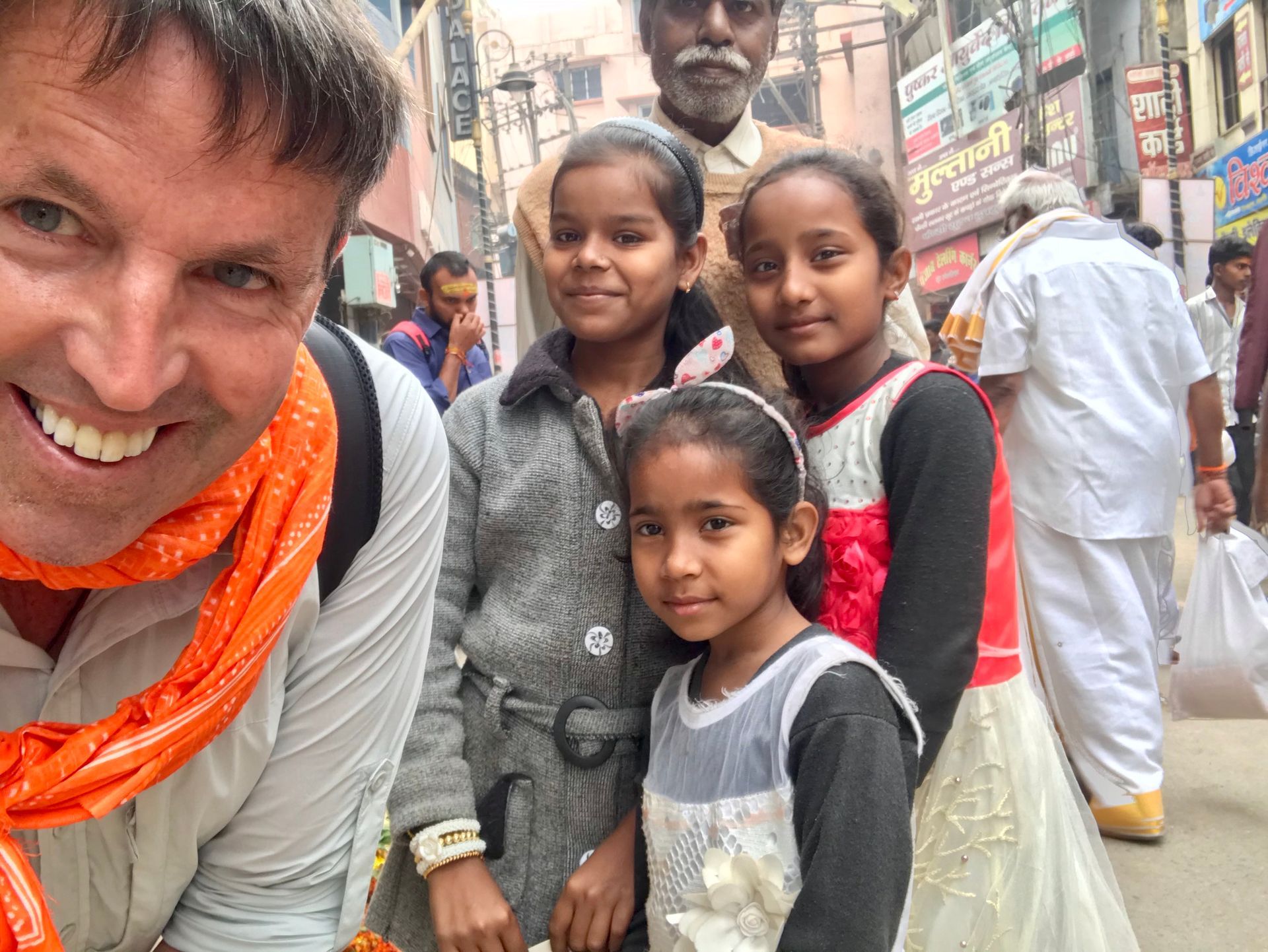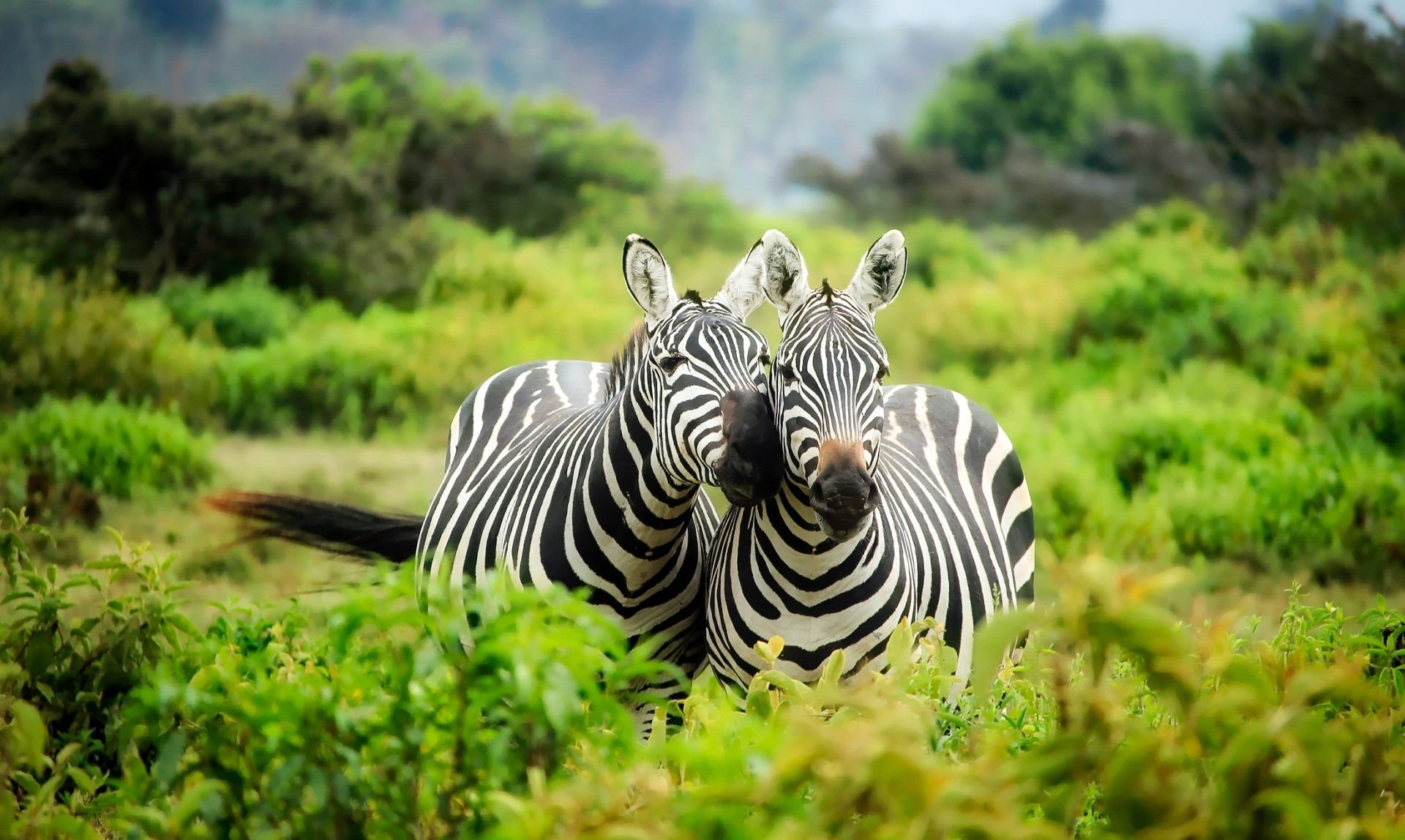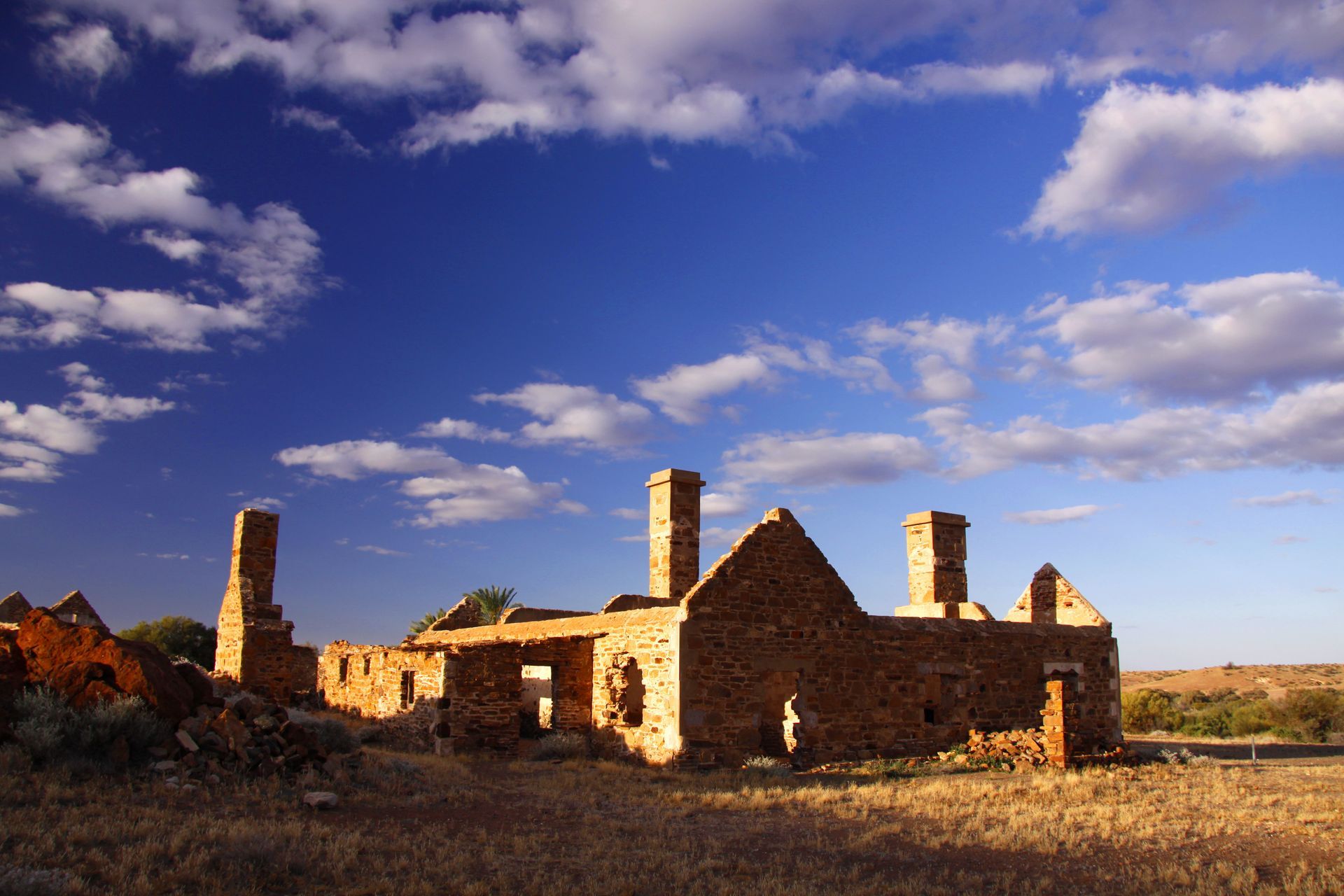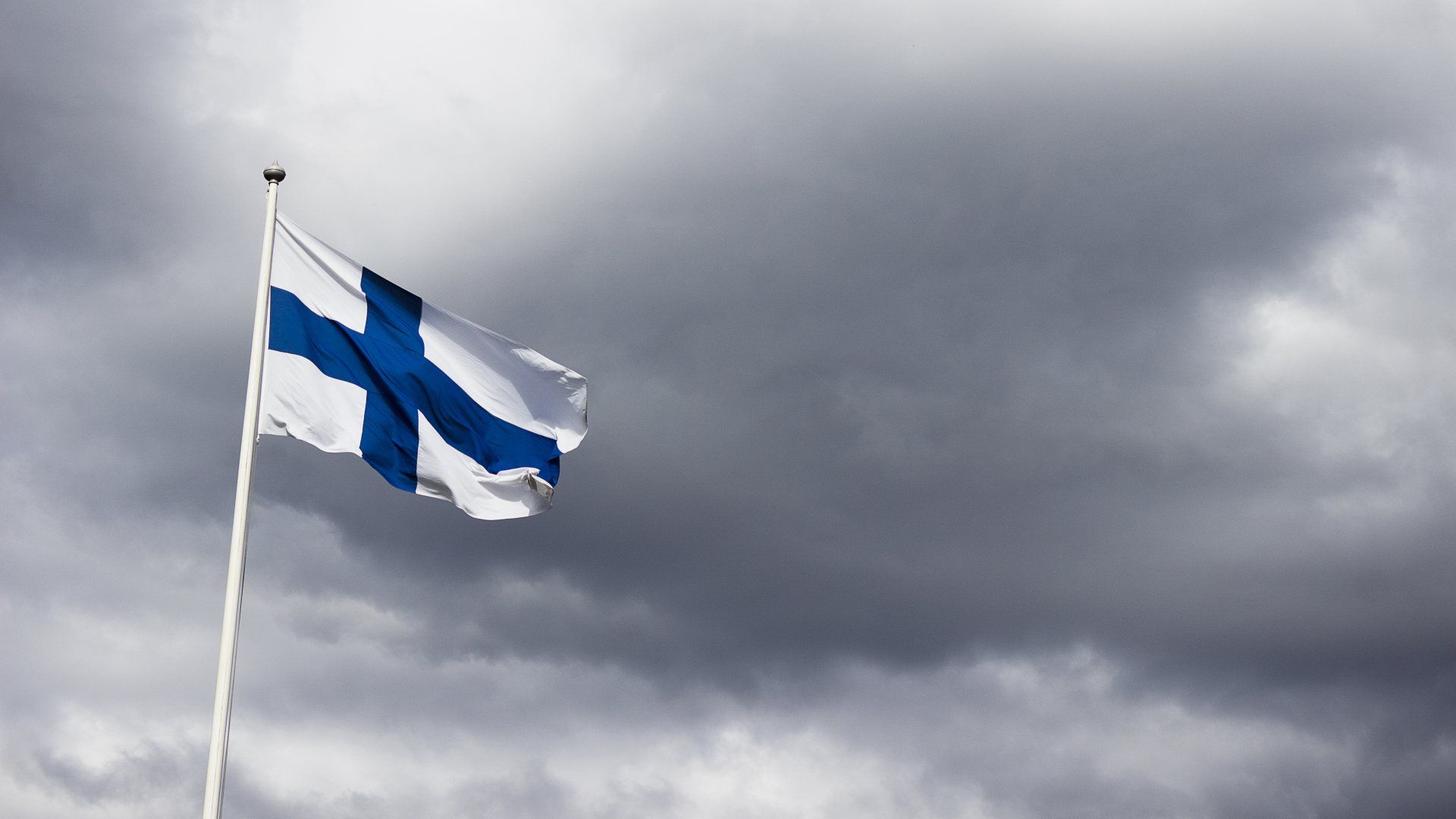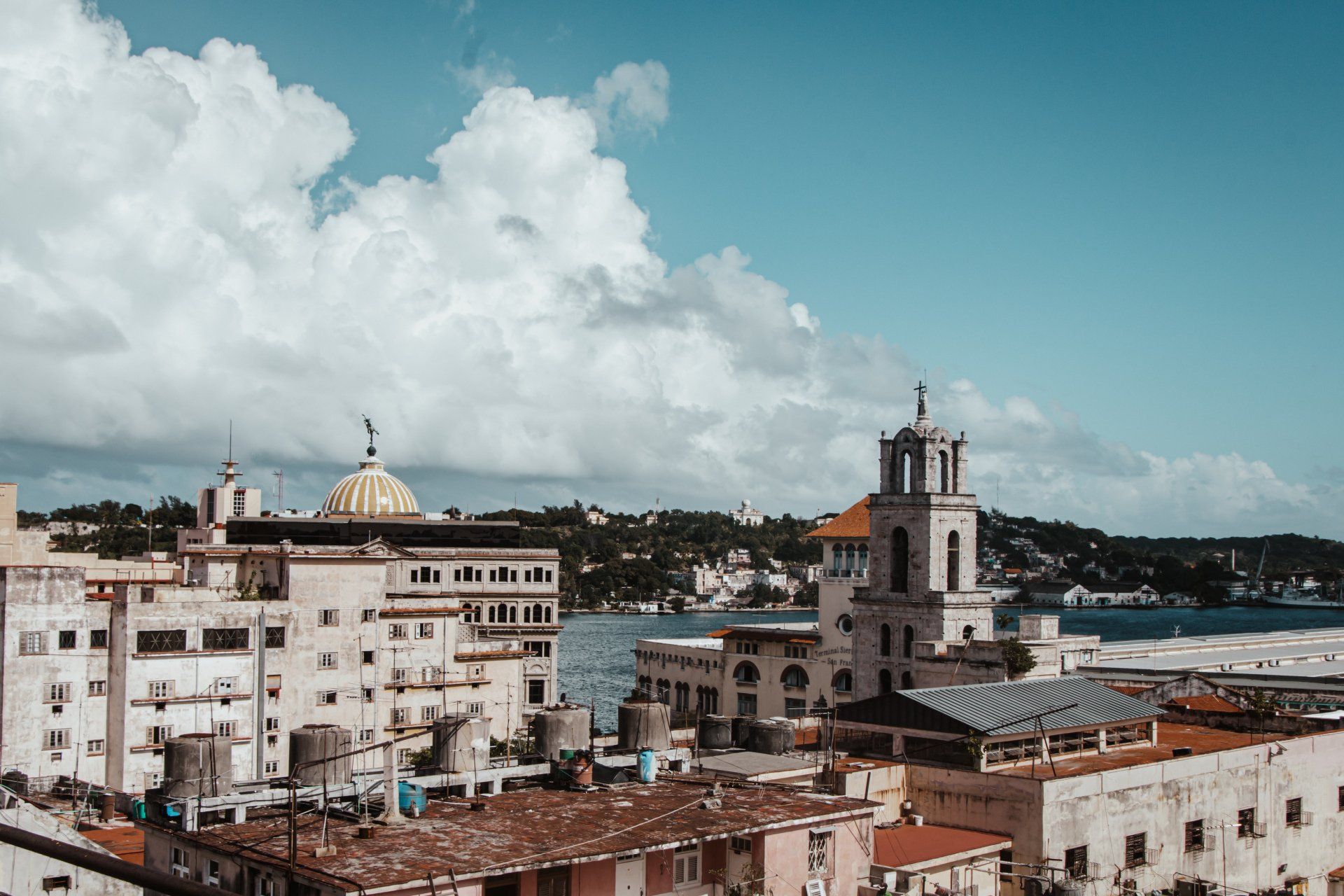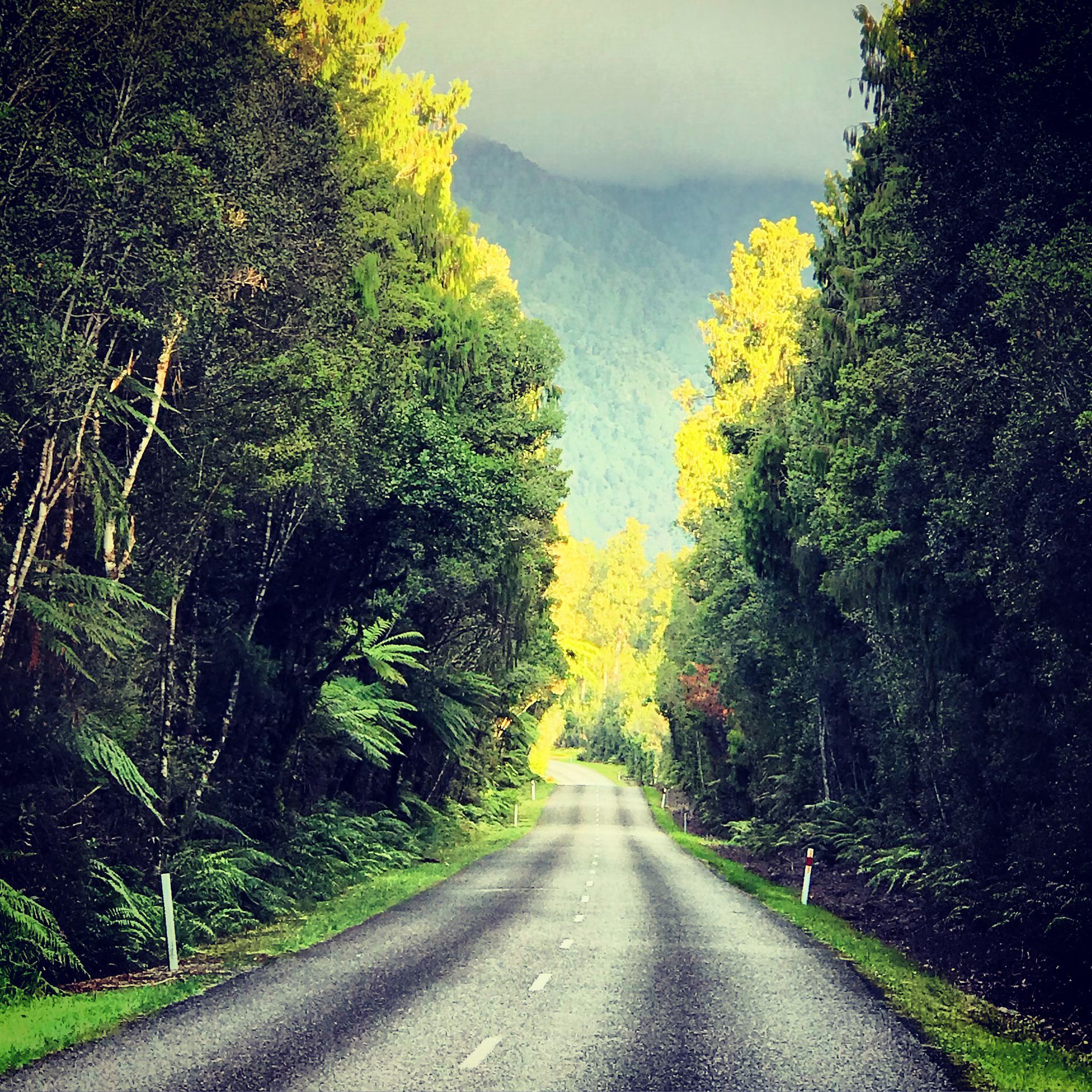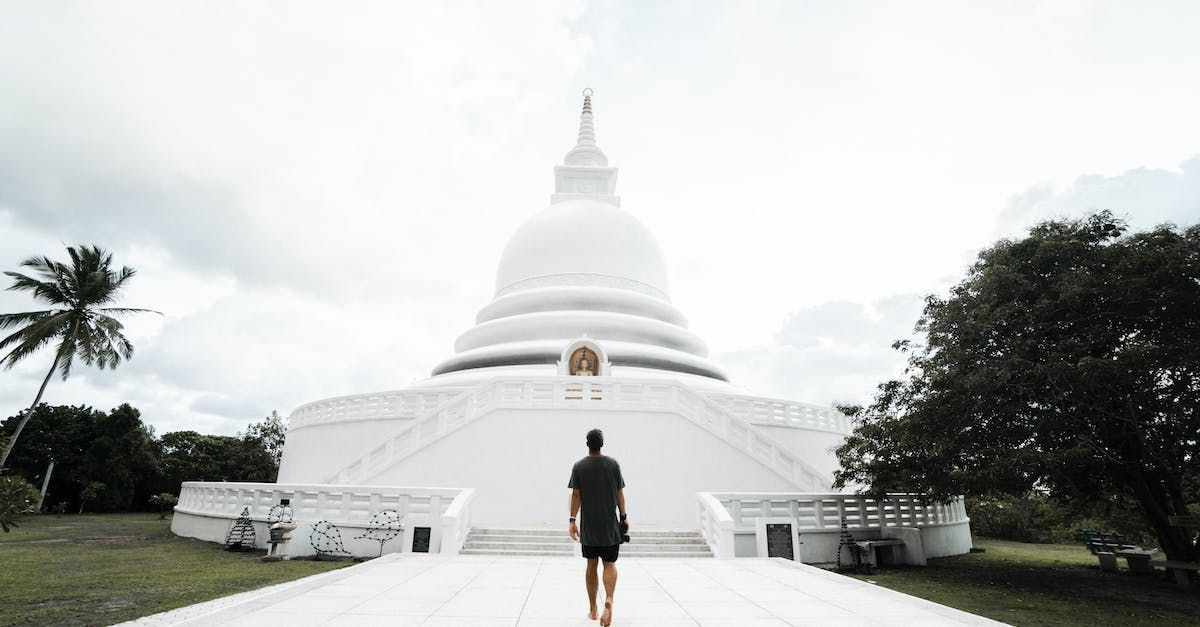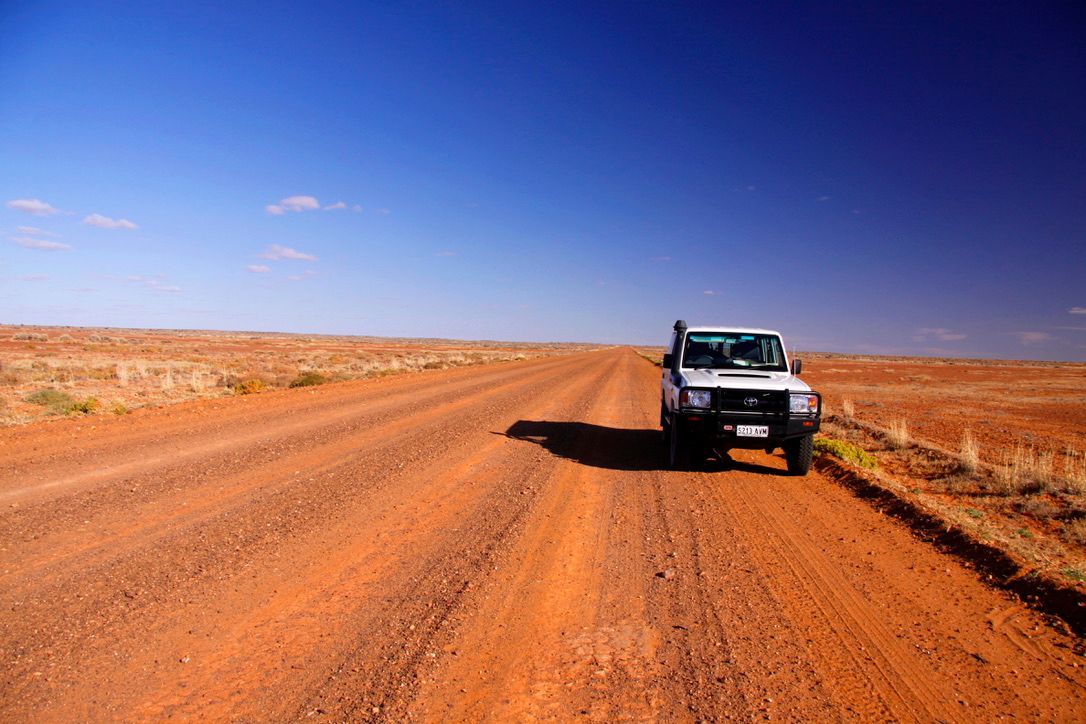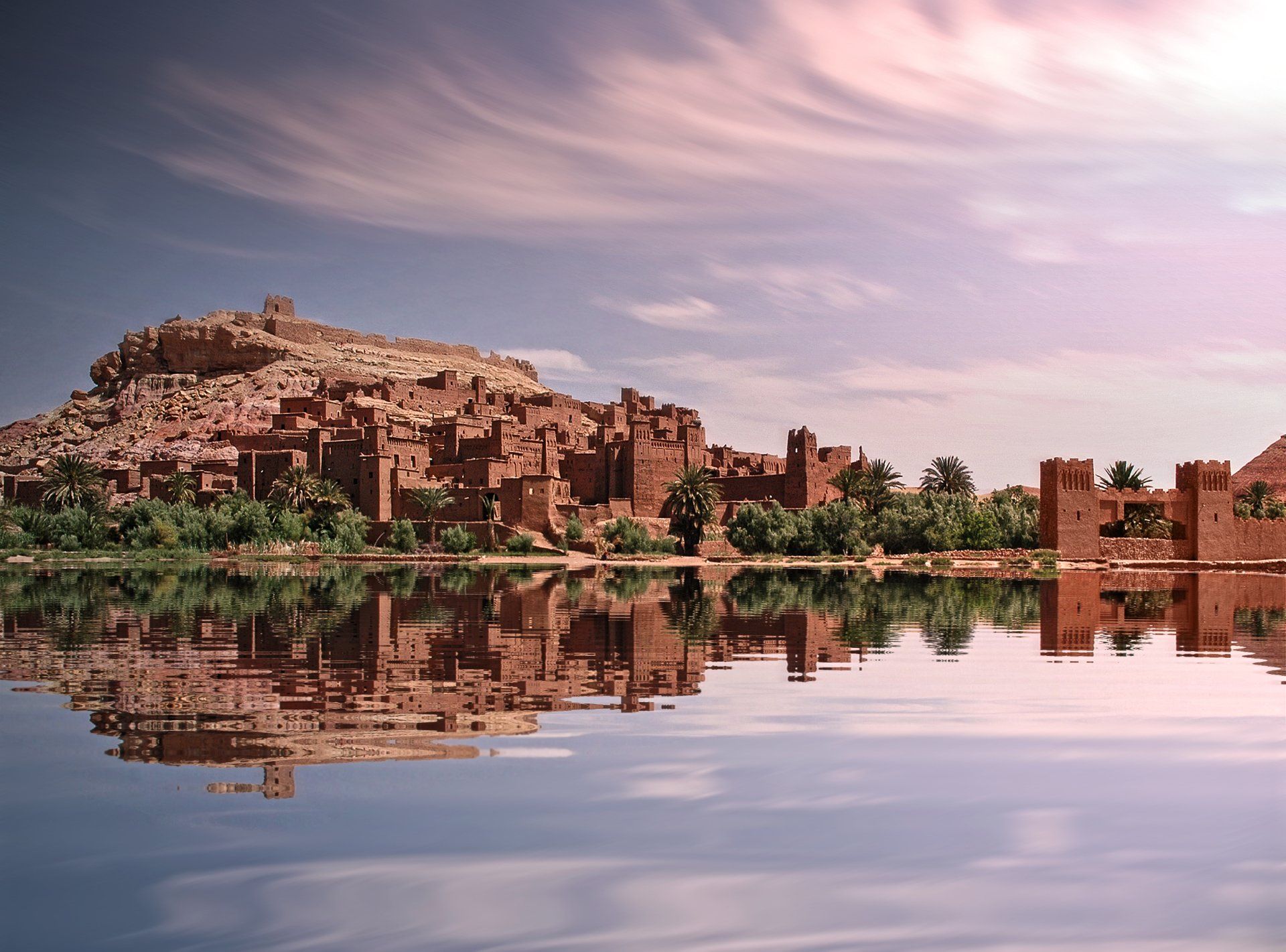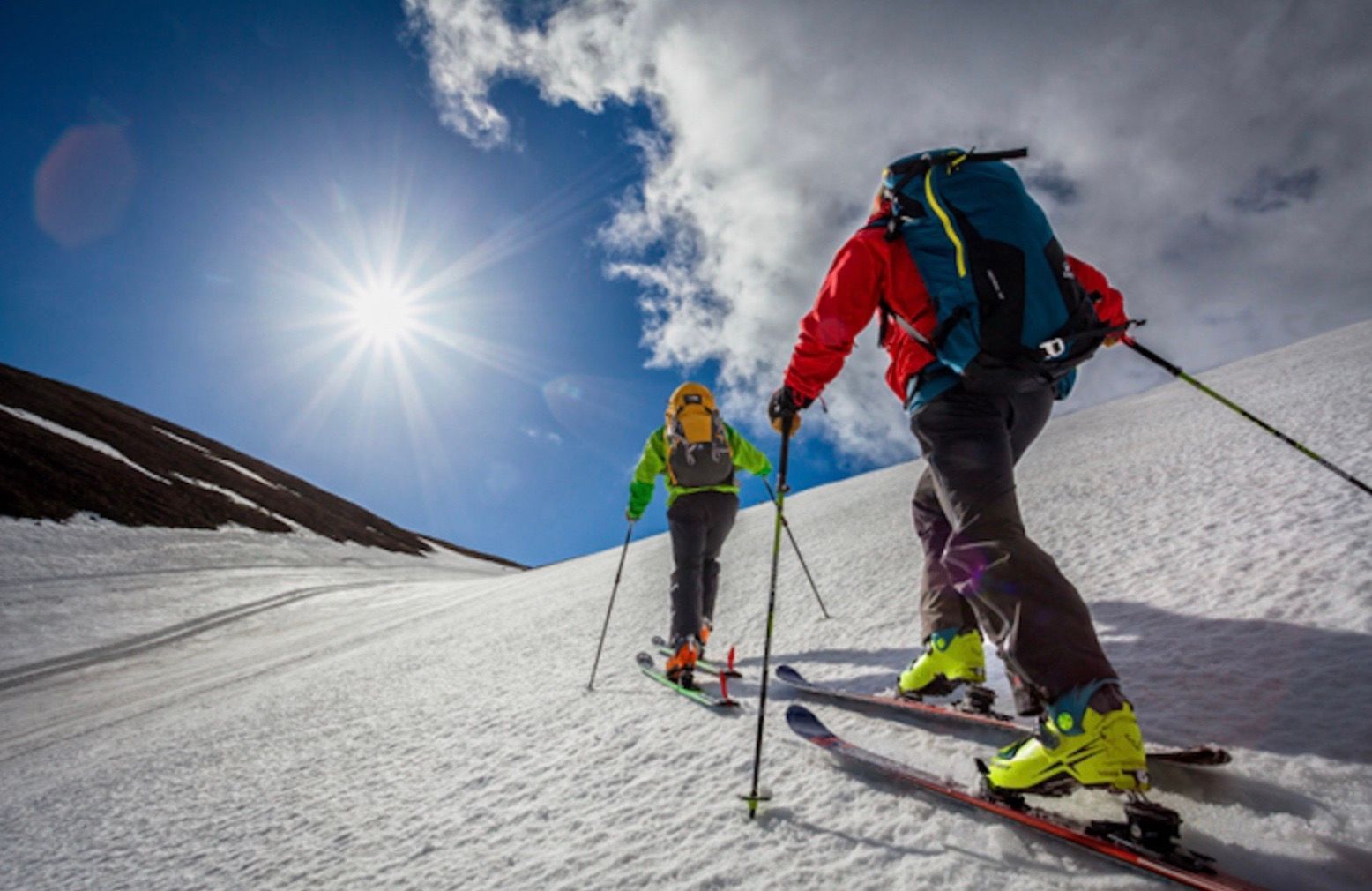Lament For The Traveller
Discovering Middle Age in India.
“The past is a foreign country.
They do things differently there.”
- L.P. Hartley, The Go-betweens.
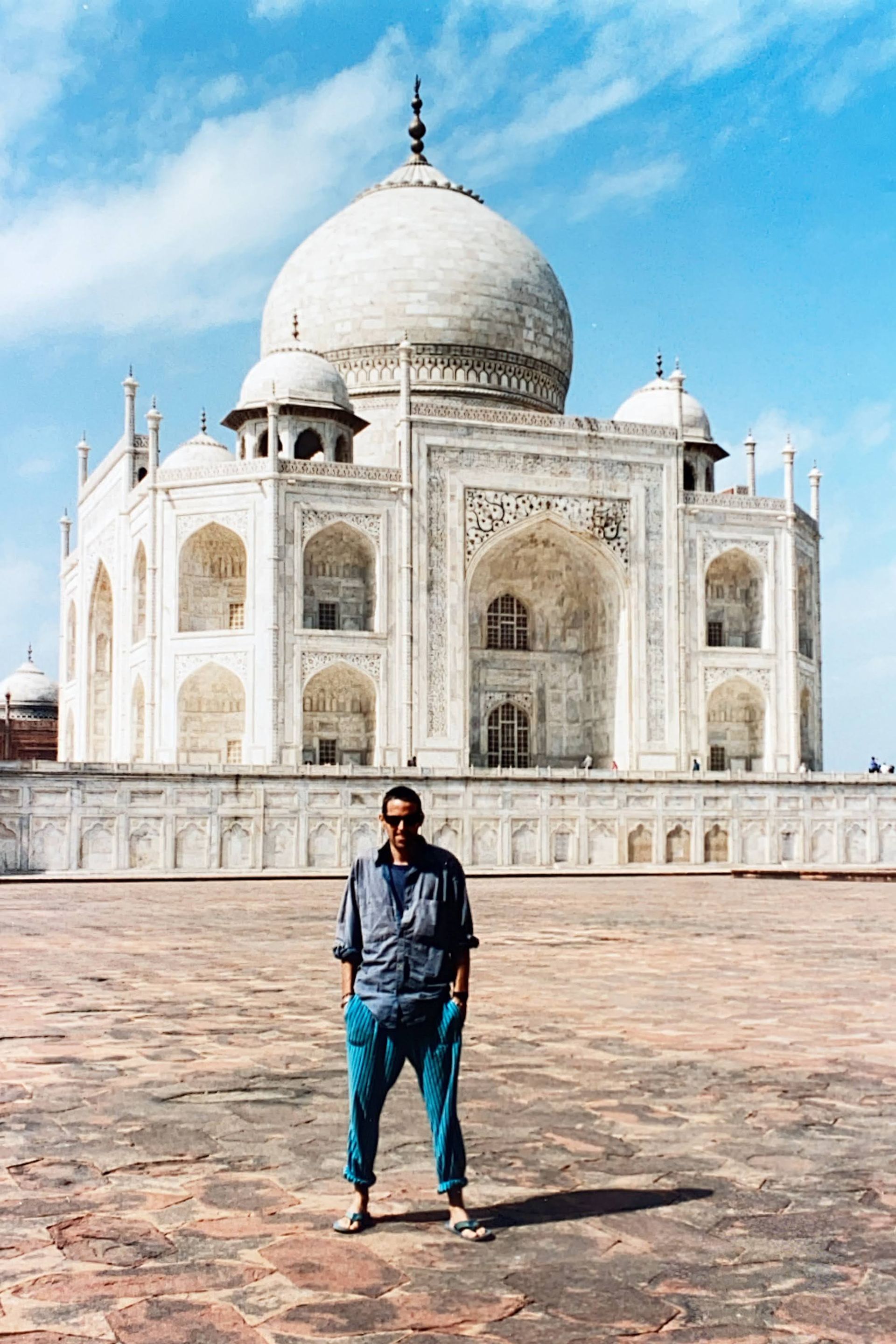
I thought I would die in Varanasi. It wasn’t the relentless, ubiquitous filth. It wasn’t the jostling, wild-eyed crowds celebrating the festival of Mahashivaratri. It wasn’t the cloying smoke of the burning ghats or the constantly spitting people. It wasn’t even the storm that cut the power to the city, and smote the banks of the Ganges with detonations of thunder and jagged blasts of incandescent lighting.
It was none of those things. In fact, I didn’t even think that I would actually die in Varanasi. I just appropriated that line from the 1920s-era travel writer H.V. Morten, who began his book In Search of England with the line “I thought I would die in Palestine”, in order to add drama.
But what caused me the most anxiety in Varanasi, and, indeed, throughout my journey to India, was the realisation, final and irreversible, that I was no longer a traveller.
Twenty-nine in Ninety-two
I turned 29 in India. It was 1992. My girlfriend Linda (now my wife of 30 years) and I were in Pushkar, a small town in Rajasthan, the desert state in India's northeast.
We were four months into a nine-month journey that took us from Britain, where we’d lived for three years, back home to New Zealand. We had already visited Egypt, Kenya, Tanzania, Malawi and Zambia. We'd celebrated Christmas 1991 at the Victoria Falls in Zimbabwe, and New Year at a bash thrown by Robert Mugabe at the ZANU-PF headquarters in Harare.
We had stood on the summit of the Khyber Pass and looked down into Afghanistan, and spent weeks having some epic adventures in the wintery vastness of the Karakoram Mountains. For my birthday in Pushkar, we ate at a restaurant overlooking Pushkar Lake, and drank bhang lassis ( yoghurt drinks laced with marijuana) as the sun was setting over the Thar Desert.
On the road
We weren't tourists: we were travellers. Our generation was born in that sweet spot of time from 1963 to 1968 which meant that for a decade or so, from the mid-eighties to the mid-nineties, the world was our playground. We travelled hard. We took risks. We revelled in hardship.
We changed money with shady dealers in African back alleys. We raced floods and avalanches in the black gorges of the Indus Valley, where the river slices through the Karakoram Mountains in the north of Pakistan. We lay on jewelled Indonesian beaches and smoked hash beside the funeral pyres of Varanasi.
Third class citizens
We rode third class, ate on the streets and slept in dirty, dirt-cheap flophouses, with only the billowing, diaphanous folds of a mosquito net between us and malaria. We negotiated tricky roads in dangerous territory and, occasionally, lolled in comfort in 5-star hotels where the colour of our skin gave us exclusive entry. We haggled over every last rupee, shilling and dirham. We were on the road. Nothing else mattered.
Travel was in our blood. It was what we did best. We got married, worked for a year, and left New Zealand again in 1994. Back to the road. Out in the world. New York, Amsterdam, England, Iran, Pakistan again, and China. Then home. Reality. Careers, kids, a mortgage. All the good stuff. The settled life.
Twenty-eight years passed. And then, I was back in Asia, with a backpack, a list of destinations, and a notion that I would travel hard again. A wanderer in the Blue Rooms. A traveller.
Lament for the Traveller
I turned 57 in India. But everything was different. India was crowded, filthy, noisy and incomprehensible. As a twenty-nine-year-old, travelling with Linda, it had been easy. We had leaned on each other, and it had made the hardships bearable...even fun.
On the road again
But now I was alone. And, of course, I was different. The hard-core backpacker lifestyle held no attraction anymore. I had thought that it would: it didn't. I was too old and too used to comfort to slum it.
So I moved up-market. I stayed in nice hotels; I rode 2nd Class Air Conditioned trains; I took Ola and Uber rides whenever I could; I found cafes serving good coffee; and I used technology - Google Maps, booking.com, Wikipedia - for all of my research, planning and logistics. It made travelling easier. It made it bearable.
The past is another country
I turned 29 in India. And I turned 57 in India. Nothing changes but everything changes. I was a ghost in India...a ghost of my younger self. I didn't die in Varanasi. I just let go of my old self. The traveller became a tourist. And that's OK. The past is, indeed, a foreign country. They do things differently there.
